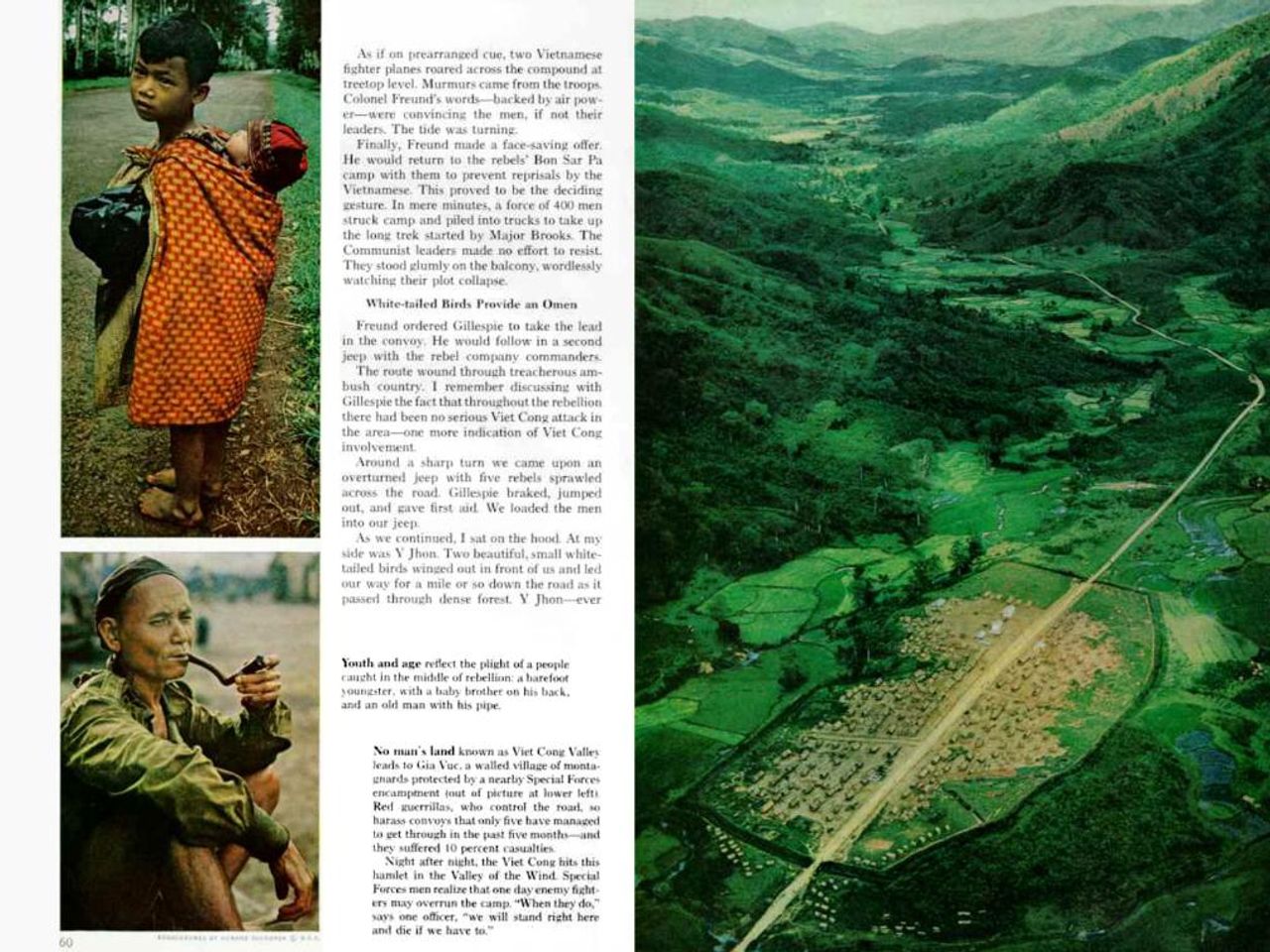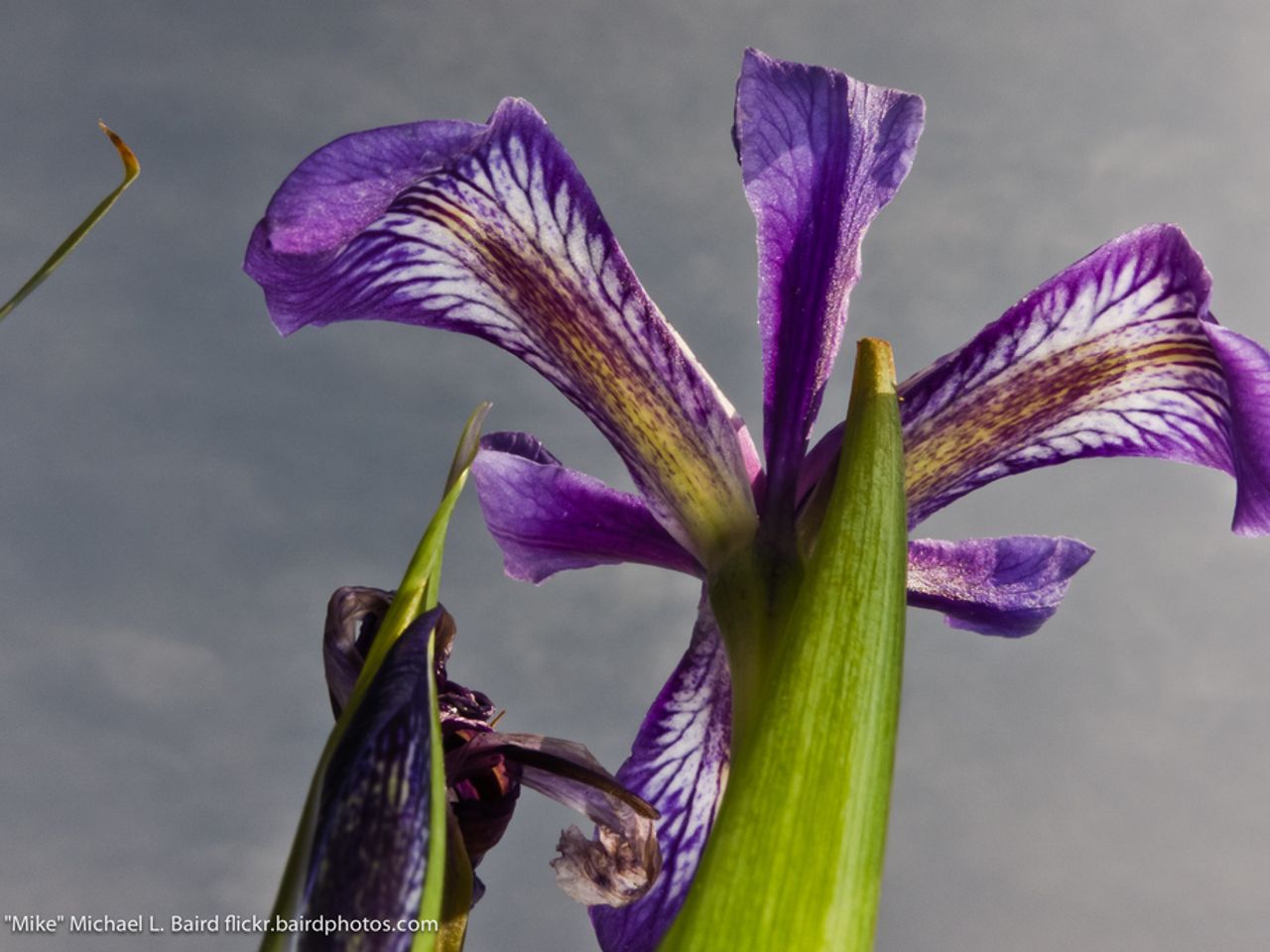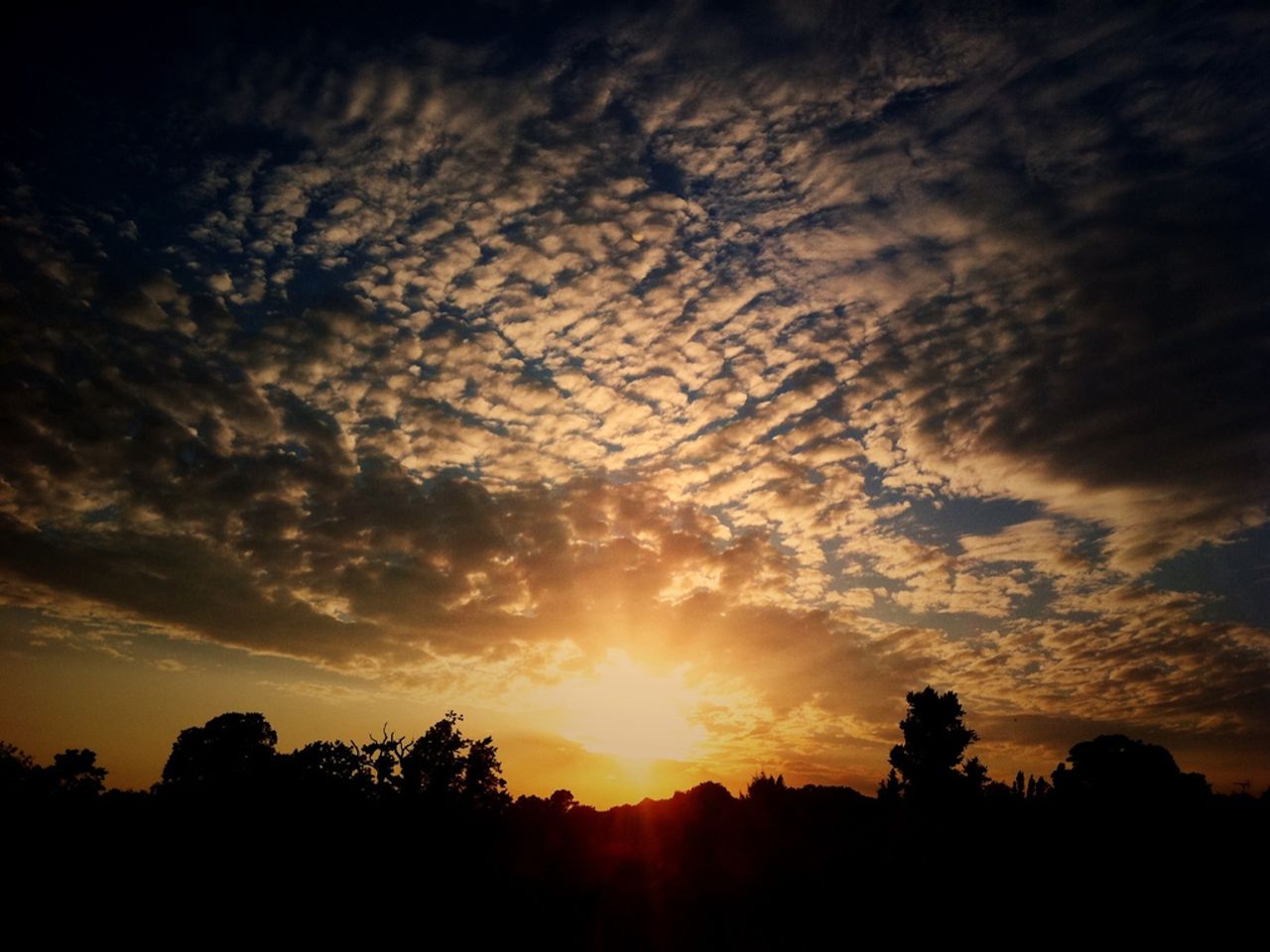Modernizing Phu Kradueng National Park: A Two-Year Extension for the Cable Car Project
Study on cable car system granted additional two years of examination period.
Revamped tourism plans are underway for Phu Kradueng National Park in Loei province, with the Department of National Parks, Wildlife and Plant Conservation (DNP) endorsing a two-year extension for the cable car project feasibility study [1][2][3]. This initiative aligns with governmental aspirations to develop sustainable tourism in the area.
phases of project development
The project's timeline now reaches to 2027, enabling complete assessments such as feasibility studies, Environmental Impact Assessments (EIA), and detailed designs to be carried out during the extension period [1][2]. After gaining the National Environment Board's approval for the EIA, the project will likely progress with strong backing from native communities.
balancing ecology and economy
The cable car system is designed to minimize ecological disturbances while fostering sustainable tourism. By providing a regulated and controlled tourism experience, the initiative seeks to reduce the human impact on the park's ecosystem. Encouraging local support, the hope is that economic benefits derived from increased tourism will be realized [1][2].
the future of the park
Upon project completion, the Designated Areas for Sustainable Tourism Administration (Dasta) will transfer the cable car system to the DNP for operations management. To preserve the park's balance, tourist numbers will be limited to the park's daily capacity of 5,000 people [1].
sustaining the park's environment
Essential components of the project include an EIA that evaluates the cable car system's impact on the park's ecosystem and the implementation of sustainable tourism principles. By striking a balance between tourism development and environmental conservation, the aim is to share economic benefits while preserving natural habitats [2][3].
In summary, the cable car project is poised for cautious advancement, with an emphasis on sustainable tourism and ecological preservation. As progress unfolds, the park will continue to thrive, embracing both the surrounding communities' economic development and the conservation of its pristine ecosystem.
[1] Department of National Parks, Wildlife and Plant Conservation: Cable car extension approved[2] Thai PBS World: Phu Kradueng cable car project progress[3] Bangkok Post: 'Cable car to help park profits'
- The two-year extension for the cable car project feasibility study will allow for comprehensive assessments, including Environmental Impact Assessments (EIA), to be carried out.
- The cable car system, designed to minimize ecological disturbances, is intended to strike a balance between tourism development and environmental conservation.
- Upon project completion, the Designated Areas for Sustainable Tourism Administration (Dasta) will transfer the cable car system to the Department of National Parks, Wildlife and Plant Conservation (DNP) for operations management, with a limit of 5,000 tourists daily to preserve the park's balance.
- The project's success relies on striking a balance between sustaining the park's environment and fostering sustainable tourism, thereby ensuring economic benefits are shared while preserving natural habitats.








